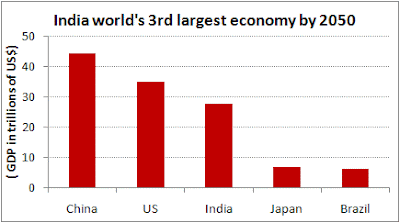RTI Alone isn’t Enough
The RTI Act (Right to Information gave anyone the right to ask for information & the government had to respond to it. Within certain limits and categories, of course. Plus, it forced every public authority to computerize their records for wide dissemination and to proactively publish certain categories of information so that the citizens need minimum recourse to request for information formally. But is providing access to information enough to empower people? No, says Mike Gurstein who analyzed the impact of the digitization of land records in Bangalore: “Their findings were that newly available access to land ownership and title information in Bangalore was primarily being put to use by middle and upper income people and by corporations to gain ownership of land from the marginalized and the poor. The newly digitized and openly accessible data allowed the well-to-do to take the information provided and use that as the basis for instructions to land surveyors and lawyer...

